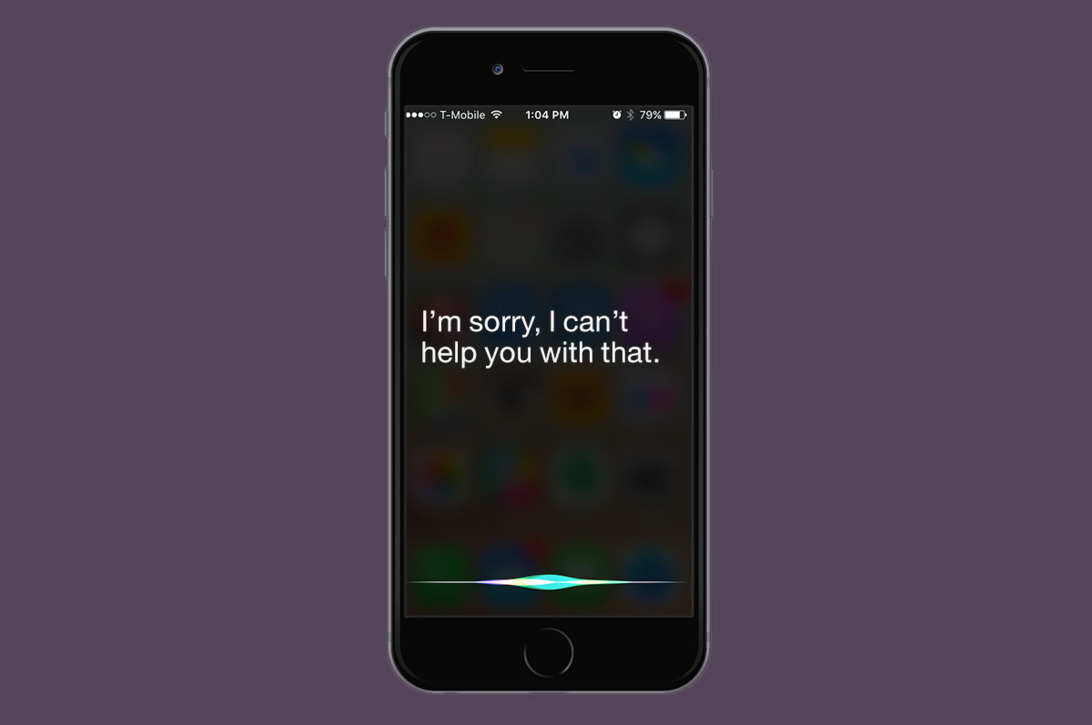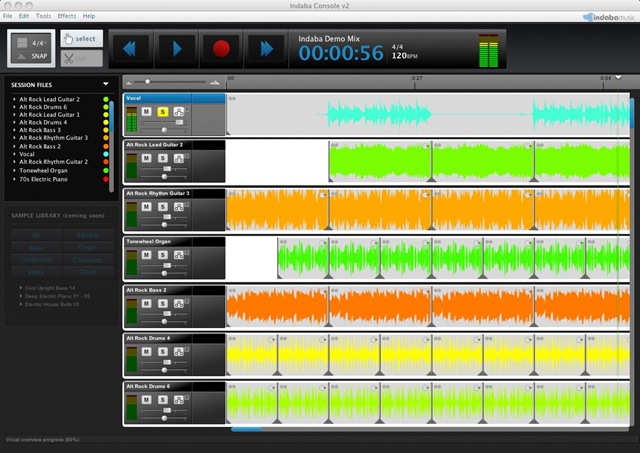For New York magazine, an attempt to explain how Apple’s institutional priorities can be understood by looking at its source code, and what that might mean for the big pending legal battle with the FBI over encryption in the iPhone:
One reliable peril of advanced technologies is that the details of implementation usually aren’t yet common knowledge among most people — often including judges and lawyers, regrettably — but the compulsion of speech, or software-as-speech, isn’t made any more acceptable simply because fewer people know how to interpret it. The FBI’s demands in this case rely on that confusion: Its application for the order to compel Apple to provide them with the custom software states that “writing software code is not an unreasonable burden for a company that writes software code as part of its regular business.” This phrasing contains a subtle gamble: that both the courts and the public will conceive of the software as a tangible artifact produced by an incomprehensible factory in the clouds, rather than fully considering its design and development a coordinated act driven by human motivations, politics, and principles.

